✉️ Not subscribed yet? Subscribe to the Newsletter
Future of Coding Weekly 2023/06 Week 4
2023-06-26 22:38
🌐 Object & Named Data Networks 🐘 IvanReese.GPU 🔌 Nodes & Wires IRL
Two Minute Week
🎥 Nette Zen Mode: A quiet corner for your linear explorations via Pawel Ceranka

A super simple demo, of a super simple feature.
(more of an experiment really)
The assumptions is that an infinite canvas is great for creative / generative tasks .
But then for processing a linear workflow, might be better / more natural / impose less cognitive burden .
That is what we’re trying to explore with ‘Zen Mode’ 😉
Our Work
🎥 Explaining effect types with examples via Peter Saxton
I've been developing documentation for my language. The nice thing about it is that all the code snippets are embedded editor instances that allow you to run and play with the examples.
This week I've been writing a page to document effect types. There one of the key features of it. I've made a video where I play around with them.
Let me know if this does a decent job of explaining effect types, and particularly effect handlers.
🌐📝 Welcome to the Object Network research lab! via Duncan Cragg
Hiya fellow futurists! I've started a Substack for my "Lab Notes". Please consider subscribing!
The Object Network Exploration Lab welcomes you in, to see what I'm thinking about and working on...
Devlog Together
🐘 posting more regularly on Mastodon via Ivan Reese
My overall goal for the year is to —finally— learn how to do real work on the GPU. As a motivating short-term goal, I'm building a visualization of magnetic fields, as VFX for a video about regenerative braking that my company is producing. I'm doing all this (bear with me) inside a new drawing app that I'm developing, which heretofore rendered to SVG, but which I'd like to abstract so that it can render in a more API-agnostic way, as a prelude to making it portable (with an eye to Swift+Metal, perhaps eventually Vision Pro). Then (continue to bear with me) I'll have a nice foundation for continuing some of my visual programming experiments. So no, these screenshots here aren't strictly FoC-relevant. But it is stuff that I'm building as a test case… within a new graphics tech stack that I'm building… with a goal of supporting some new visual programming stuff that I'd like to do.
I won't be posting much stuff here until it becomes more directly FoC relevant, but if you'd like to follow along regardless I'll be posting more regularly on Mastodon.
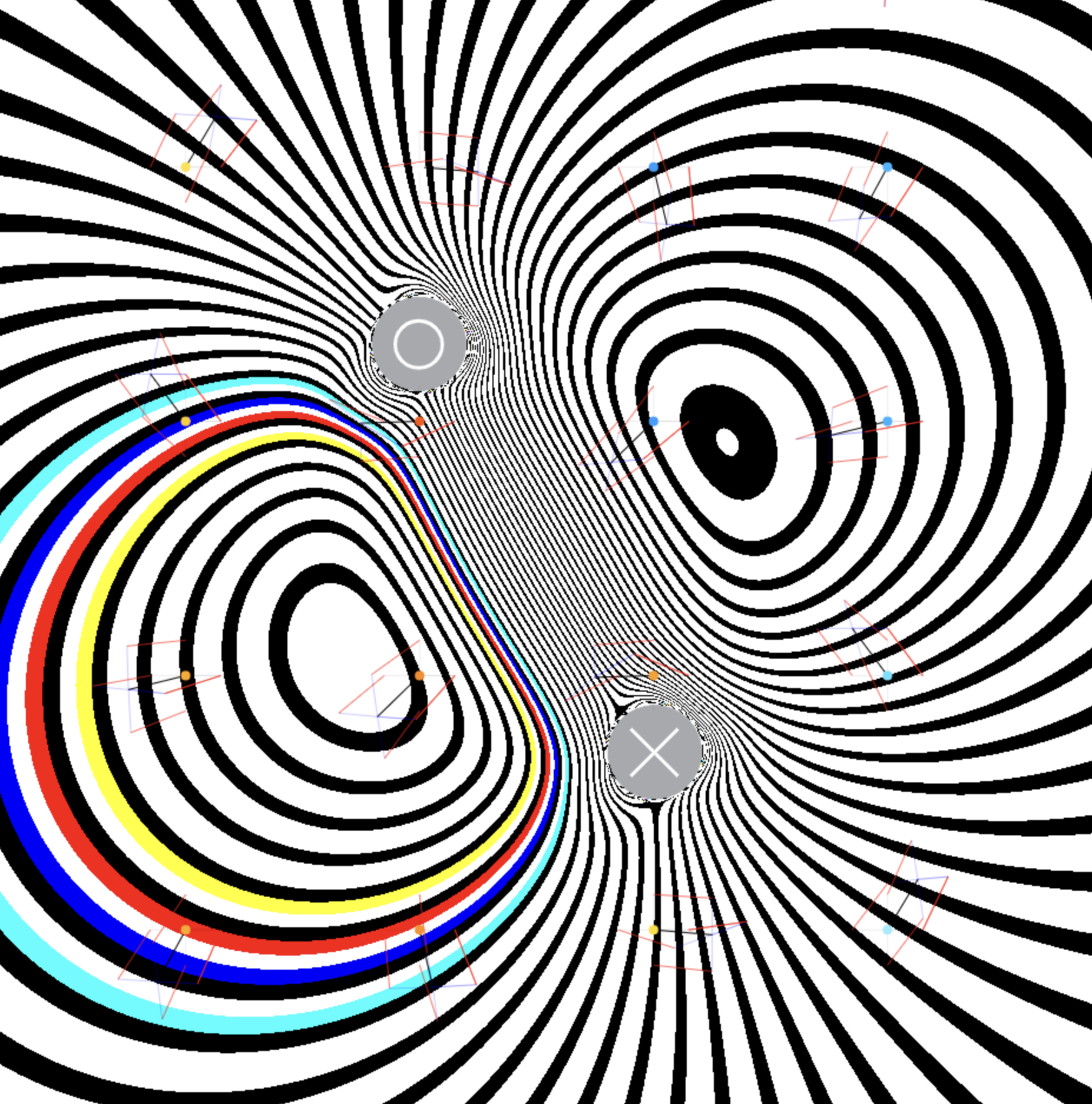
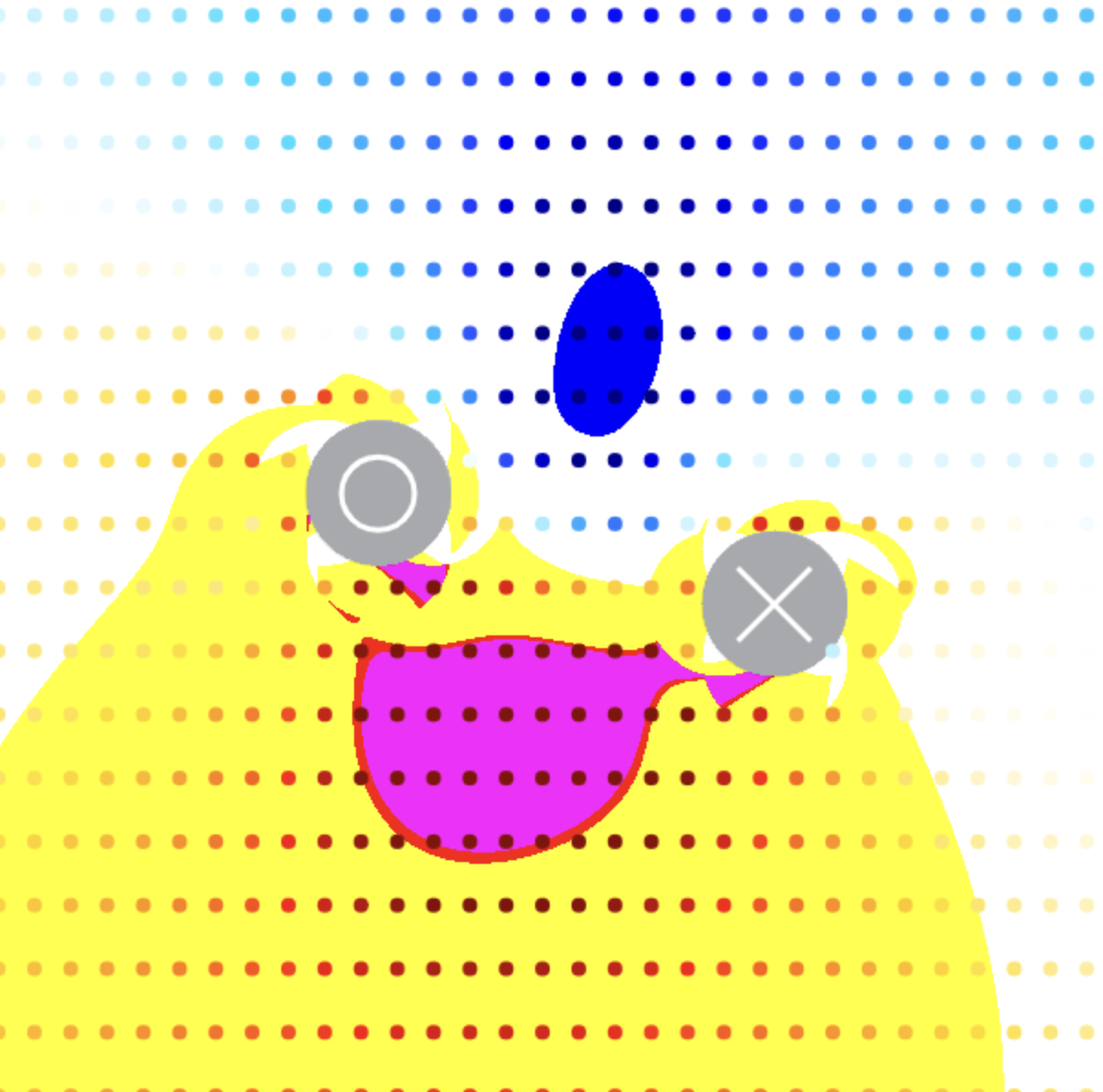
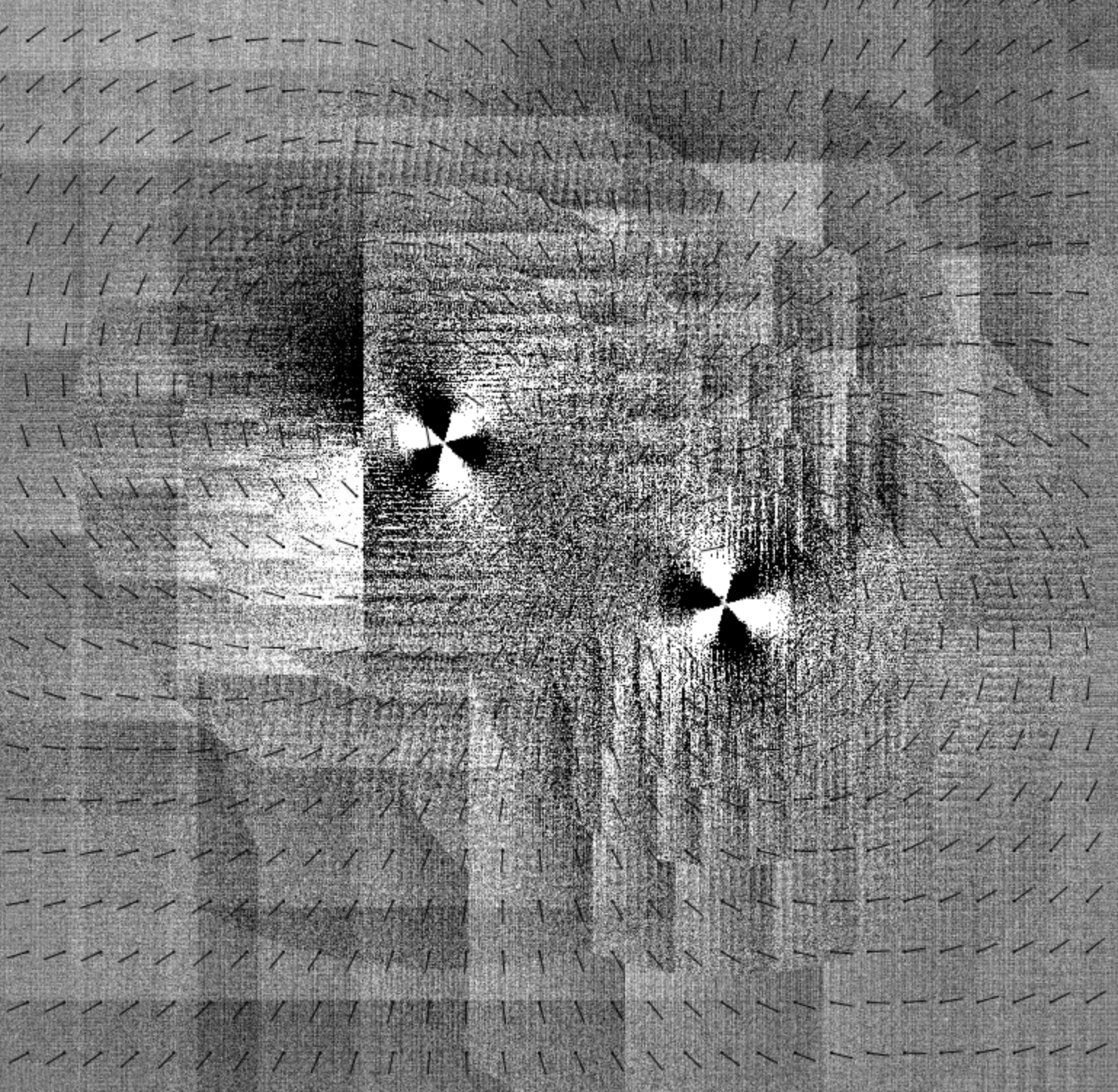
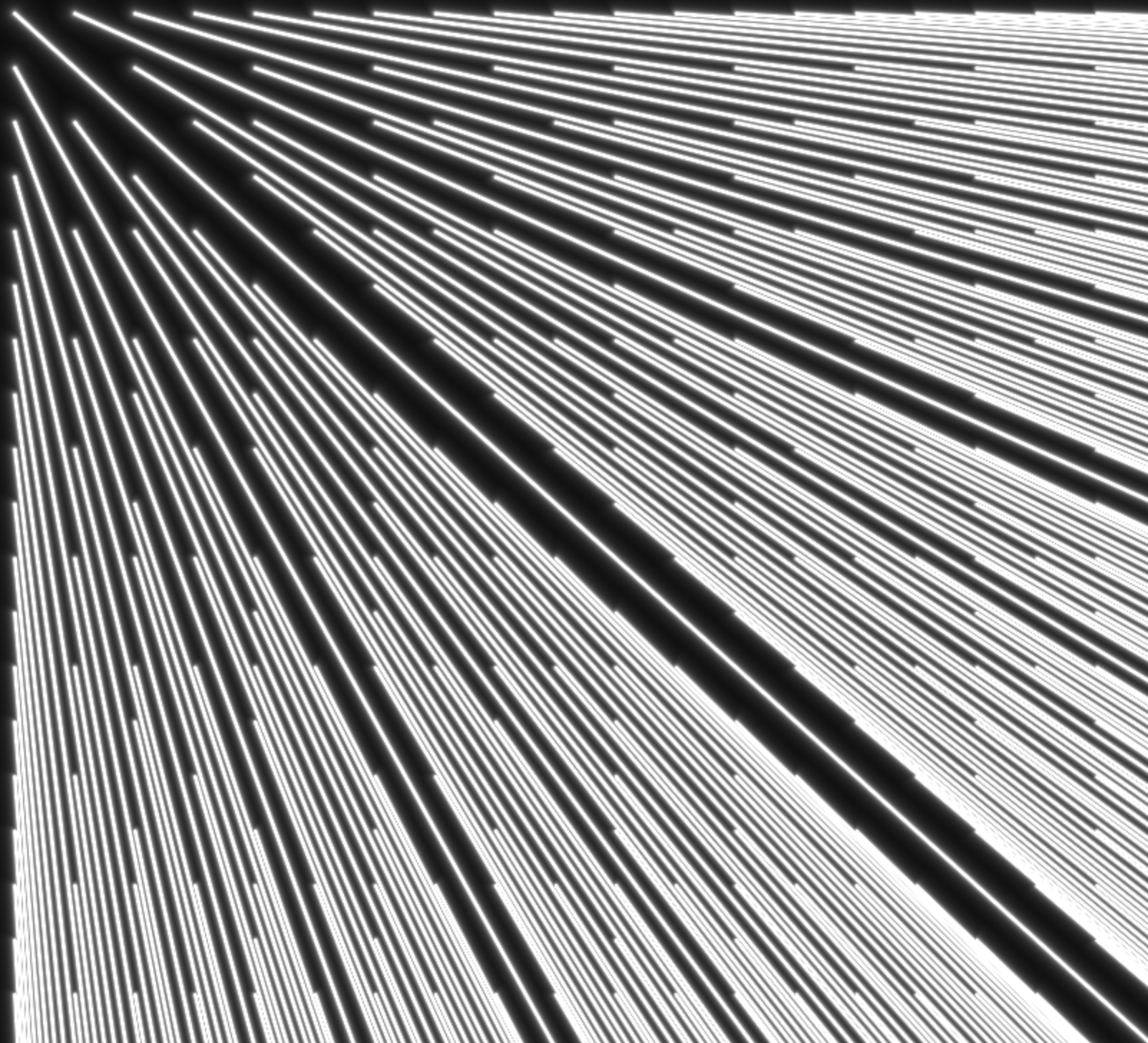
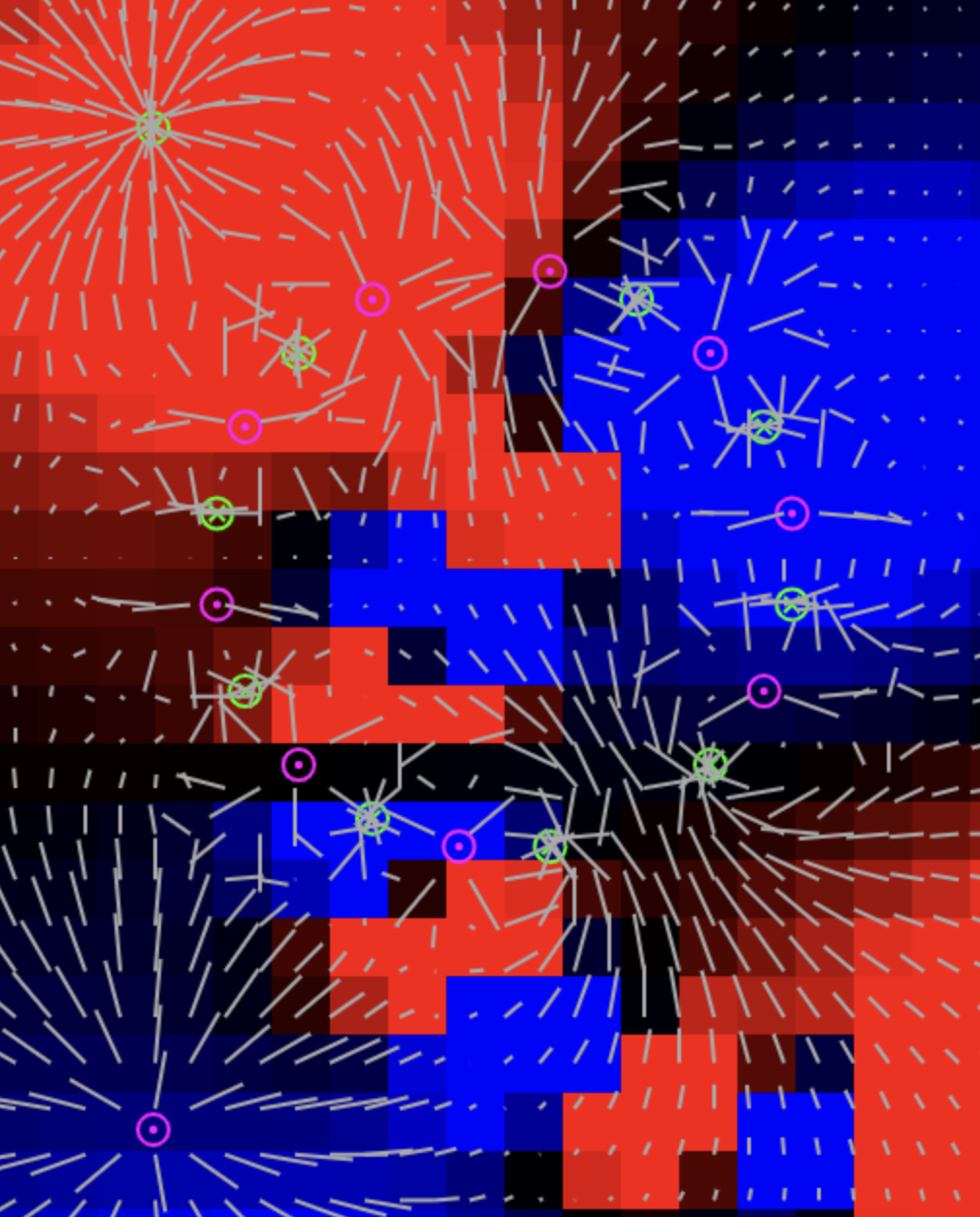
Aside: Magnetic fields are actually 4D phenomena (x/y/z/t). We use equations to think about fields by reducing fields to 2D so that we may scribble our thoughts down onto clay tablets and papyrus. There is this new medium - called “computers” - that might let us break free of 2D-only expression of 4D phenomena, using, say, 3D (x/y/t) while expressing the 4th D (z) using a trick that humanity invented, called “perspective”. Fields might be more-than-4D phenomena but our brains can only perceive 4 dimensions at this time.
Thinking Together
💬 Eli Mellen
when you all work on a Future of Cod ing flavored tool, do you think about ways to bake in certain sorts of interactions.
As example:
React lets ya build accessible, localized experiences, but it also lets ya make something that is wholly inaccessible, too. It is sort of agnostic on that front. Could a tool “force” an accessible experience, or be more strongly biased towards something like that?
This line of thinking isn’t restricted to accessibility, it just seemed like an easy fruit to reach for when writing an example. Is this the kinda thing other folks think about when designing stuff? Do you have examples of it?
🌐 Named Data Networking via Kyra
I have always thought Named Data Networking (a future infrastructure project older than IPFS) is really promising: named-data.net
Think instead of naming locations, naming the data you're requesting, so it can be pulled from any host as efficiently as possible
Content
👩🔬 Communal Computing for 21st Century (by Bret / Luke of Dynamicland) via Srini K
🔌 Let's Play TOKYO HIGHWAY! | Overboard, Episode 39 via Ivan Reese

Node wire programming
Without text
With an involved type system
Where humans are the execution units